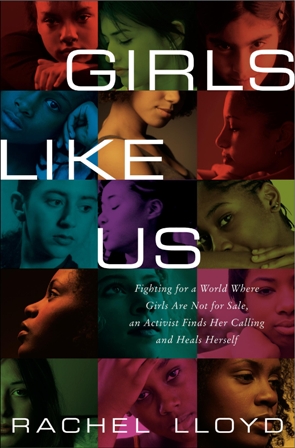Girls Like Us: Fighting For A World Where Girls Are Not For Sale
Monday, March 5, 2012, 6:30 - 8pm
Free and open to the public
strong>Rachel Lloyd tells the moving story of her escape from the commercial sex trade in Europe, detailed in her memoir, Girls Like Us: Fighting for a World Where Girls Are Not For Sale, at The Cooper Union's Great Hall on Monday, March 5 at 6:30 PM.
Once a teenage victim of exploitation, she has devoted her career to activism and helping other young girls escape “the life.” Today Lloyd is executive director of GEMS: Girls Educational and Mentoring Services in New York City and has turned it into one of the nation's most groundbreaking nonprofit organizations.
Rachel Lloyd is a nationally recognized expert on the issue of commercial sexual exploitation. In 1998, with only a computer and $30, Lloyd, a survivor of commercial sexual exploitation, established GEMS: Girls Educational and Mentoring Services to support girls and young women victimized by the commercial sex industry in the U.S. Now the nation's largest organization offering direct services to girls and young women, ages 12-24, who have experienced commercial sexual exploitation and domestic trafficking, GEMS empowers survivors to escape the sex industry and develop to their full potential.

Located in The Great Hall, in the Foundation Building, 7 East 7th Street, between Third and Fourth Avenues




